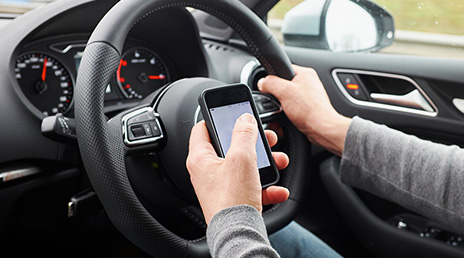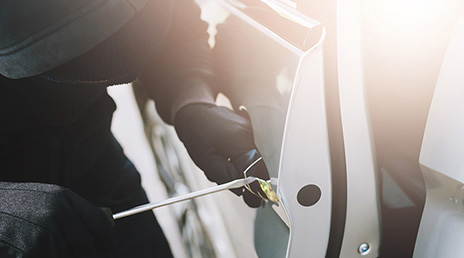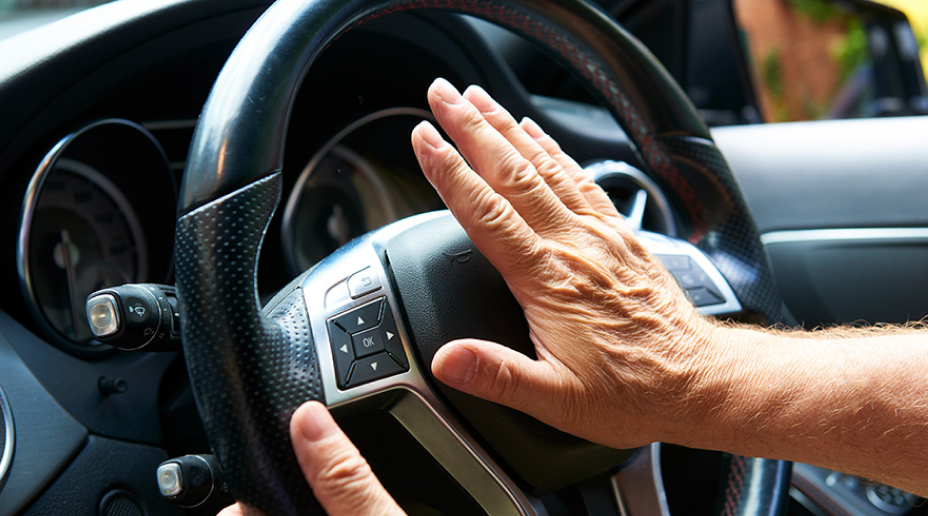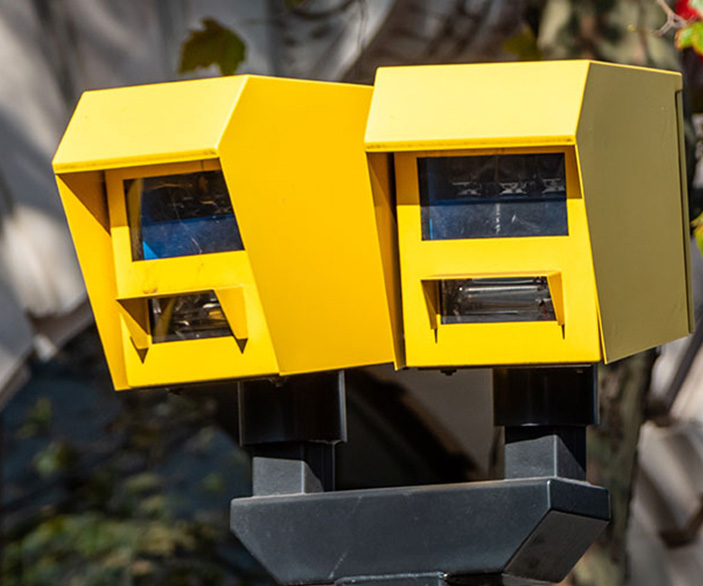The police can stop you for driving without insurance and issue you a fine, penalty points or even seize your car. Worse still, if you’re involved in an accident and make a claim, you’ll find out you don’t have any cover at all.
We’re here to help make sure you can spot these ghost broking scams and let you know what to do if it happens to you.





























